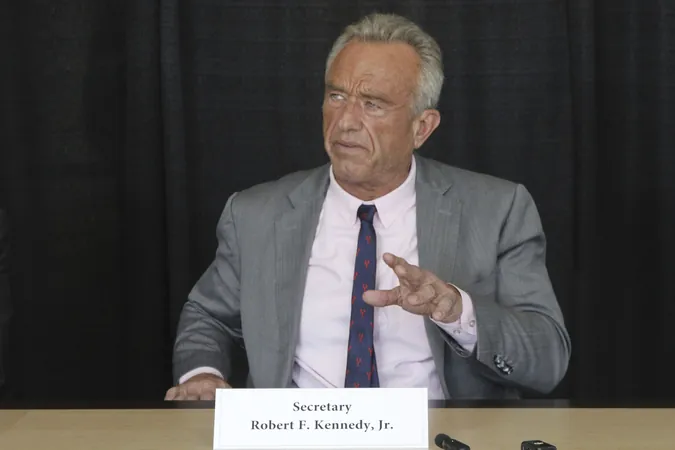
Trump Administration Greenlights Controversial No-Bid Contract to Explore Vaccine-Autism Link
2025-09-13
Author: Sarah
In a surprising move that has sparked significant debate, federal health officials are set to award a no-bid contract to Rensselaer Polytechnic Institute (RPI). The focus? Investigating a highly controversial and widely debunked link between vaccines and autism.
According to a recent government procurement notice, RPI has been chosen due to its so-called "unique ability" to integrate data related to children and their mothers. This decision has raised eyebrows, as many experts question the rationale behind selecting this particular institution for such a pivotal study.
Adding to the intrigue, U.S. Health Secretary Robert F. Kennedy Jr.—a prominent figure in the anti-vaccine movement prior to his appointment—has been vocal about seeking answers regarding autism's origins. Having announced a "massive testing and research effort," Kennedy has consistently attempted to establish a vaccine-autism connection.
Professor Juergen Hahn from RPI, known for his expertise in biotech engineering, is set to employ cutting-edge artificial intelligence and machine learning techniques for his research. University officials claim his work is of high quality, stating that he plans to publish his findings when the project concludes.
However, skepticism looms over the legitimacy of this study. Alycia Halladay, who oversees research for the Autism Science Foundation, expressed doubt about RPI's qualifications in this field, suggesting the institution lacks the necessary data access that would make it a suitable candidate for such a significant inquiry.
Moreover, Halladay questioned the allocation of resources for this contract, reminding the public that numerous studies over the past two decades have thoroughly examined the vaccine-autism theory and consistently found no credible connection.
"The evidence is clear: vaccines do not increase autism rates," Halladay asserted. She emphasized that funds earmarked for this project could be better spent on critical research related to genetics and environmental influences on autism.
The backdrop to this controversy is the ongoing challenge HHS officials have faced in accessing vaccine safety data from the CDC. While Kennedy has accused CDC leadership of blocking inquiries, insiders reveal that a complex web of contracts has left the CDC without control over this crucial data.
With billions in public health funding at stake, the implications of this no-bid contract could reverberate throughout the autism research community. As many experts advocate for a shift in focus to more pressing questions, it remains to be seen how this project will unfold.
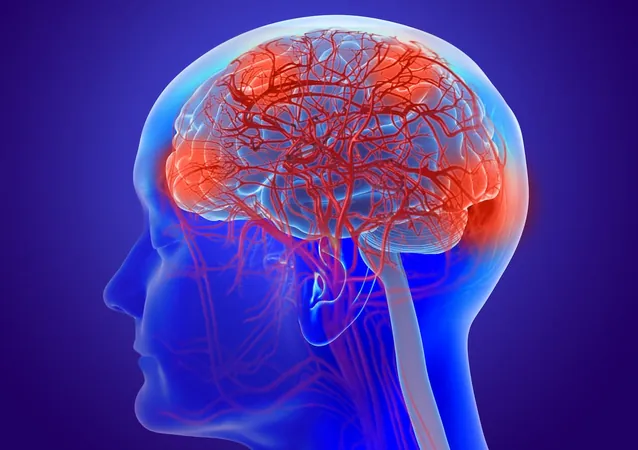

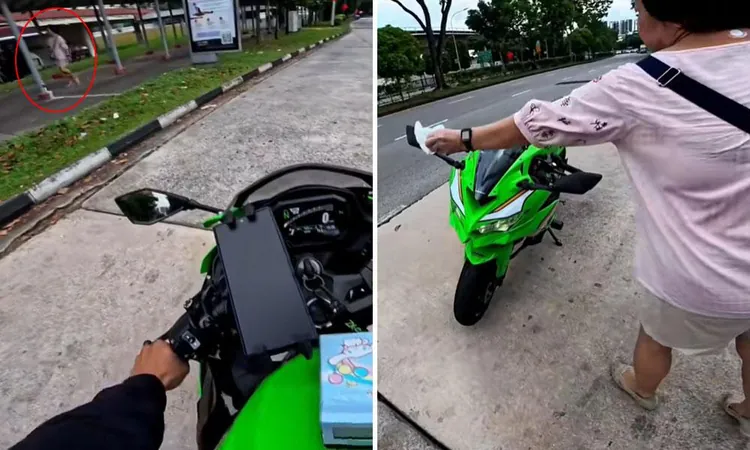
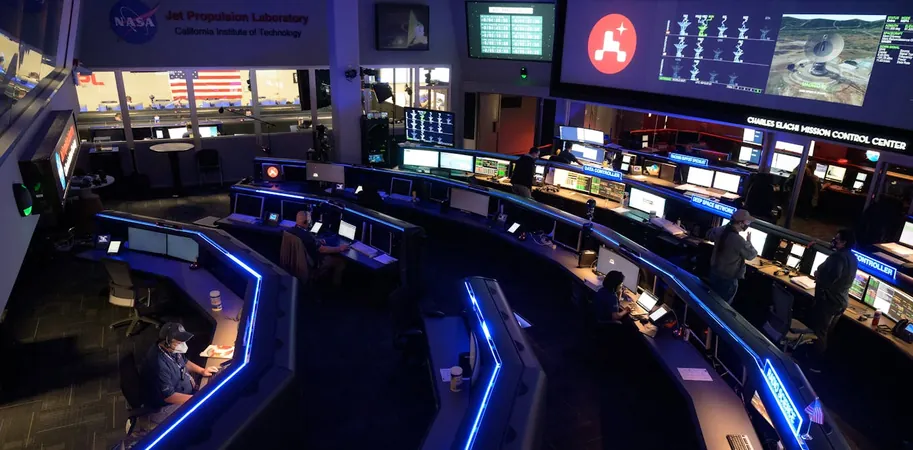
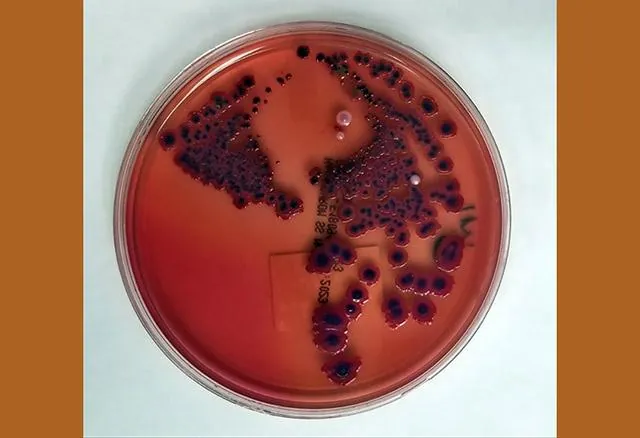
 Brasil (PT)
Brasil (PT)
 Canada (EN)
Canada (EN)
 Chile (ES)
Chile (ES)
 Česko (CS)
Česko (CS)
 대한민국 (KO)
대한민국 (KO)
 España (ES)
España (ES)
 France (FR)
France (FR)
 Hong Kong (EN)
Hong Kong (EN)
 Italia (IT)
Italia (IT)
 日本 (JA)
日本 (JA)
 Magyarország (HU)
Magyarország (HU)
 Norge (NO)
Norge (NO)
 Polska (PL)
Polska (PL)
 Schweiz (DE)
Schweiz (DE)
 Singapore (EN)
Singapore (EN)
 Sverige (SV)
Sverige (SV)
 Suomi (FI)
Suomi (FI)
 Türkiye (TR)
Türkiye (TR)
 الإمارات العربية المتحدة (AR)
الإمارات العربية المتحدة (AR)